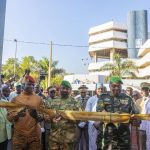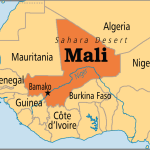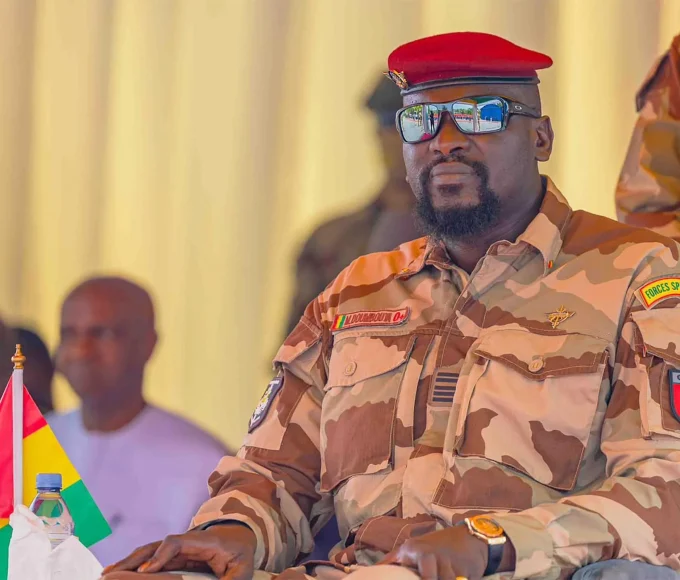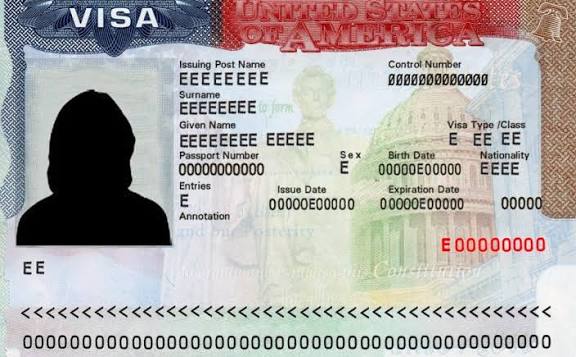
Bangladesh Army Decided It Would Not Open Fire On Civilians To Enforce Curfew, Reuters Exclusive Reveals
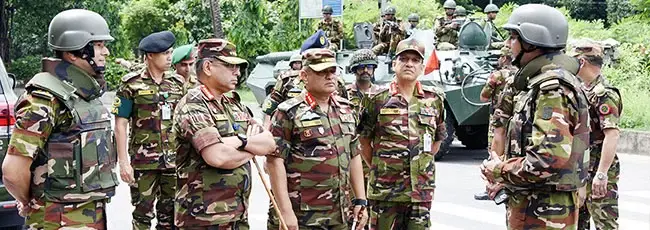
A Reuters’ exclusive report has revealed that the Bangladesh Army Chief, Gen Waker-Uz-Zaman and his generals decided that troops would not open fire on civilians to enforce a curfew following deadly protests which led to the fleeing of former Prime Minister Sheikh Hasina.
A curfew had been imposed after at least 91 people were killed and hundreds injured in clashes, the deadliest since the protests began in July.
The army chief, Zaman, informed Hasina that his soldiers could not implement the lockdown she had called for, an Indian official told Reuters. The Indian official further told Reuters the message was clear: Hasina no longer had the support of the army.
Zaman has not publicly explained his decision, but three former senior army officers told Reuters that the scale of the protests and a death toll of at least 241 made it difficult to continuously support Hasina.
“There was a lot of uneasiness within the troops,” retired Brig. Gen. M. Sakhawat Hossain told Reuters. “That is what probably (put) pressure on the chief of army staff, because the troops are out and they are seeing what is happening.”
On Saturday, Zaman had addressed hundreds of officers in a town hall meeting and emphasised that soldiers should protect lives and show patience towards the protesters. This was a sign of the army’s reluctance to suppress the demonstrations forcefully.
This left Hasina vulnerable, leading to her resignation and departure from the country to India on Monday. She served as Bangladesh’s prime minister for about 20 years.
Majorly led by university students, the protests erupted in Bangladesh over a quota system that reserved 30 per cent of government jobs for descendants of veterans who fought in the 1971 War of Independence.
Although top courts in the country scrapped the quota system, the protests surged on, this time, against Hasina’s government which they alleged to be corrupt and autocratic.
Similarly, Nigeria is experiencing protests in the country tagged “#EndBadGovernance.” Over a dozen of protesters have been reported dead due to the actions of security operatives since the protest began on August 1. The Nigerian protesters are demanding that the government tackle the high costs of living bedeviling the country.
Nigeria and Bangladesh are among the top 10 world’s most populated countries.
Read More: Bangladesh Prime Minister Sheikh Hasina Reportedly Flees As Protesters Storm Palace
Bangladesh Shuts Schools And Universities Following Job Quota Protests
Nigerian Army Allegedly Offers ₦300,000 to Family of Teenage Boy Killed in Zaria Protests
About The Author
Related Articles
Guinea Junta Leader Doumbouya Declared Winner of Presidential Election
Guinea’s military ruler, General Mamady Doumbouya, has been declared the winner of...
ByWest Africa WeeklyDecember 31, 2025Mali and Burkina Faso Impose Reciprocal Travel Curbs on U.S. Citizens
Mali and Burkina Faso have announced reciprocal travel restrictions on citizens of...
ByWest Africa WeeklyDecember 31, 2025Funke Akindele Extends Box Office Streak as New Film Hits ₦1bn
Nollywood actress and filmmaker Funke Akindele has set a new box office...
ByWest Africa WeeklyDecember 31, 2025The American Airstrike in Nigeria Wasn’t Just About Terrorism — It Exposed That Nigeria Is No Longer a Sovereign Nation
On Christmas Day, a foreign military bombed Nigerian soil, and Nigerians did...
ByWest Africa WeeklyDecember 26, 2025


